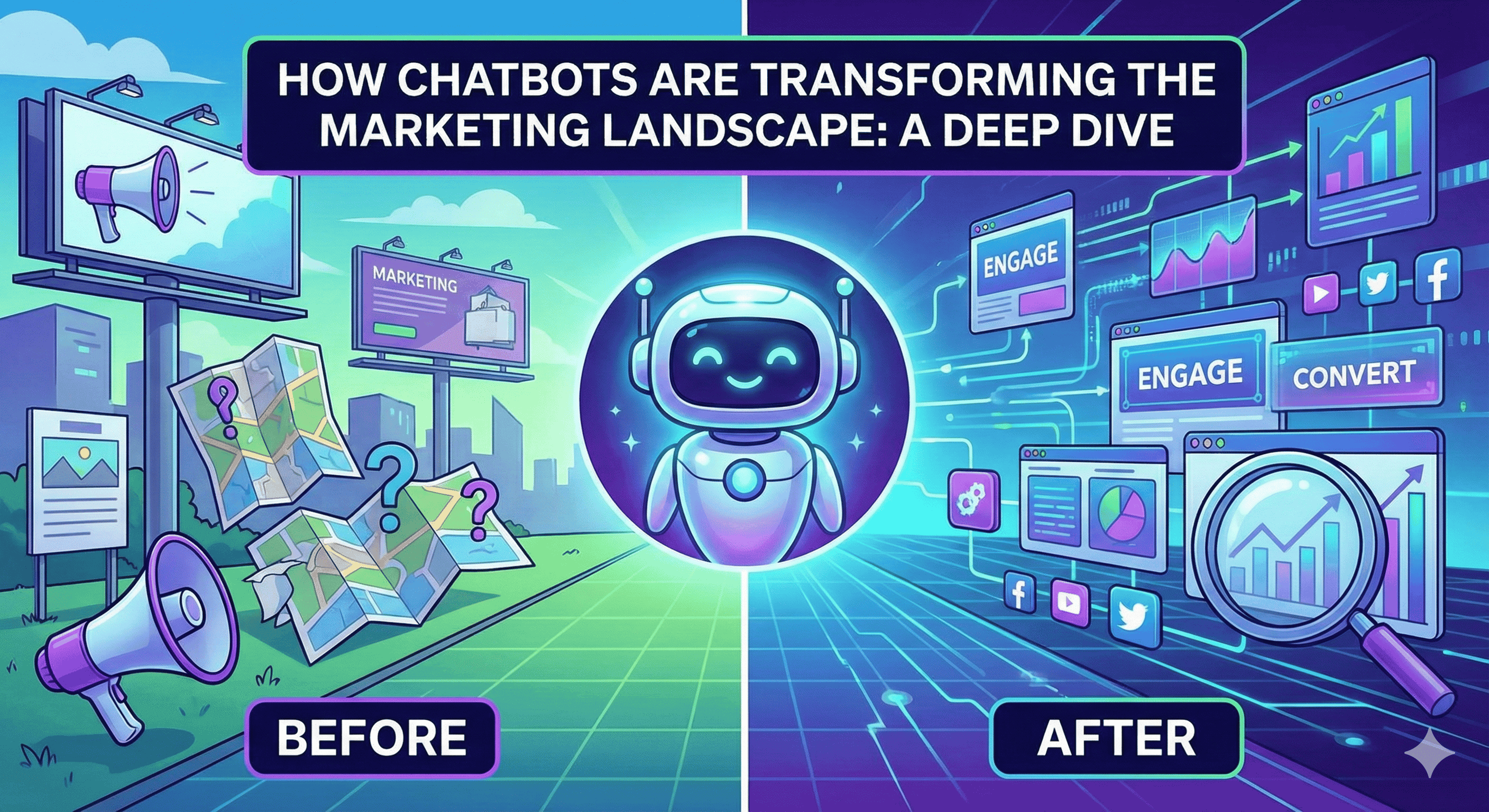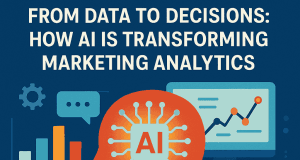In today’s digital landscape, social media has become a cornerstone of marketing strategies for businesses of all sizes. As the competition intensifies, brands are increasingly turning to artificial intelligence (AI) to optimize their social media efforts. The intersection of AI and social media marketing not only enhances efficiency but also empowers marketers to engage more meaningfully with their audiences. This article explores how AI is transforming social media marketing and what businesses should consider as they navigate this evolving landscape.
The Role of AI in Social Media Marketing
1. Personalization and Targeting
AI algorithms can analyze vast amounts of data to identify user preferences, behaviors, and interests. This data-driven approach enables marketers to create highly personalized content that resonates with their target audience. By analyzing user interactions, AI can help brands segment their audience and tailor messages that speak directly to individual preferences.
2. Content Creation and Curation
AI-powered tools can assist in creating engaging content, from generating captions to suggesting visuals. Natural Language Processing (NLP) allows AI to generate human-like text, helping brands maintain a consistent voice across platforms. Additionally, AI can curate content by analyzing trending topics and user engagement, ensuring brands remain relevant and timely.
3. Social Listening and Analytics
AI-driven social listening tools enable brands to monitor conversations around their products, competitors, and industry trends. By analyzing sentiment and engagement levels, businesses can gain valuable insights into customer opinions and preferences. This data allows for more informed decision-making and helps brands to respond proactively to potential issues.
4. Chatbots and Customer Service
AI chatbots are revolutionizing customer service on social media platforms. These bots can handle inquiries in real-time, providing immediate answers and enhancing the overall customer experience. By automating responses to frequently asked questions, brands can free up human resources for more complex tasks, ultimately improving efficiency.
5. Predictive Analytics
Predictive analytics uses historical data and machine learning algorithms to forecast future outcomes. In the realm of social media marketing, this means brands can anticipate trends, optimize ad spend, and refine targeting strategies. By understanding which types of content perform best, marketers can make data-driven decisions to enhance their campaigns.
Challenges in Integrating AI into Social Media Marketing
While the benefits of integrating AI into social media marketing are clear, challenges still exist:
1. Data Privacy Concerns
As AI relies heavily on data, businesses must navigate privacy regulations such as GDPR and CCPA. Ensuring that user data is collected transparently and ethically is paramount to maintaining trust and compliance.
2. Balance Between Human Touch and Automation
While AI can automate many tasks, the importance of genuine human interaction cannot be overstated. Brands need to strike a balance between automation and the human touch to maintain authentic relationships with their audience.
3. Keeping Up with Rapid Changes
The digital landscape is ever-evolving, and AI technologies are no exception. Staying updated with the latest tools, algorithms, and best practices requires continuous learning and adaptation.
Future Trends in AI and Social Media Marketing
As AI technologies advance, several trends are shaping the future of social media marketing:
1. Enhanced Visual Recognition
With the rise of platforms that emphasize visual content, AI’s ability to analyze images and videos is becoming increasingly important. This capability will enable brands to understand visual trends better and create more relevant content.
2. Voice Search Optimization
As voice-activated devices gain popularity, brands will need to optimize their social media content for voice search. AI can assist in identifying the right keywords and phrases that resonate with users.
3. Augmented Reality (AR) Experiences
AI-powered AR can enhance user engagement by allowing audiences to interact with brands in immersive ways. This technology can be particularly effective in industries like fashion and education.
Conclusion
The intersection of AI and social media marketing presents exciting opportunities for brands to engage, understand, and connect with their audiences like never before. By leveraging AI’s capabilities in personalization, content creation, social listening, and customer service, marketers can optimize their strategies and drive meaningful results. However, brands must remain mindful of the challenges and navigate the evolving digital landscape with intent and care. As we look to the future, those who embrace AI responsibly will likely lead the charge in creating innovative and successful social media marketing campaigns.









